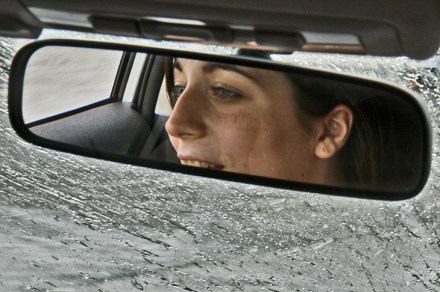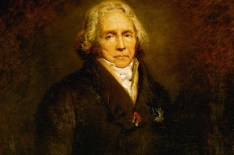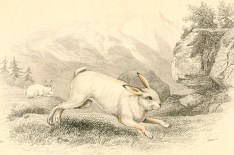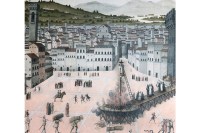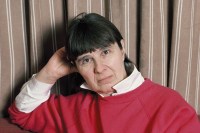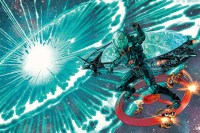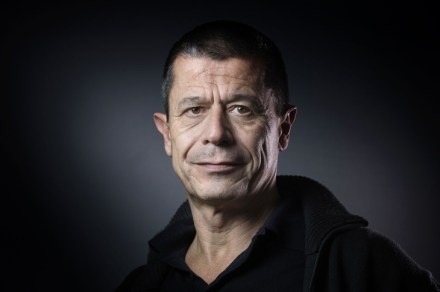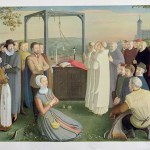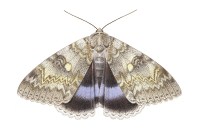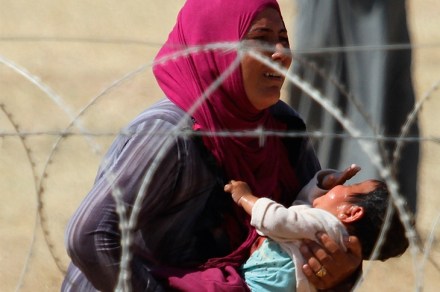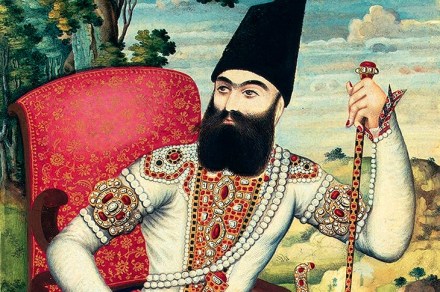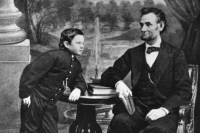Changing lanes
It’s fair to say Sonja Hansen’s life has stalled. Forties, tall and ungainly, veteran of failed relationships, she’s an uncomfortable fit for modern life in bustling Copenhagen. Geographical, spiritual and emotional immobility is expressed in her physical lack of ease, including ‘positional vertigo’ which renders the manoeuvre of the title difficult. Not without a certain quiet defiance, she still feels unable to fire her driving instructor, aggressive, non-stop-nattering Jytta, who won’t let her shift the gears herself. In between bouts of gossip and racist abuse of other drivers, Jytta bellows instructions at her cowering pupil: ‘GREEN ARROW, TURN GODDAMMIT, BIKE!’ In this short novel Nors manages to condense the essence
